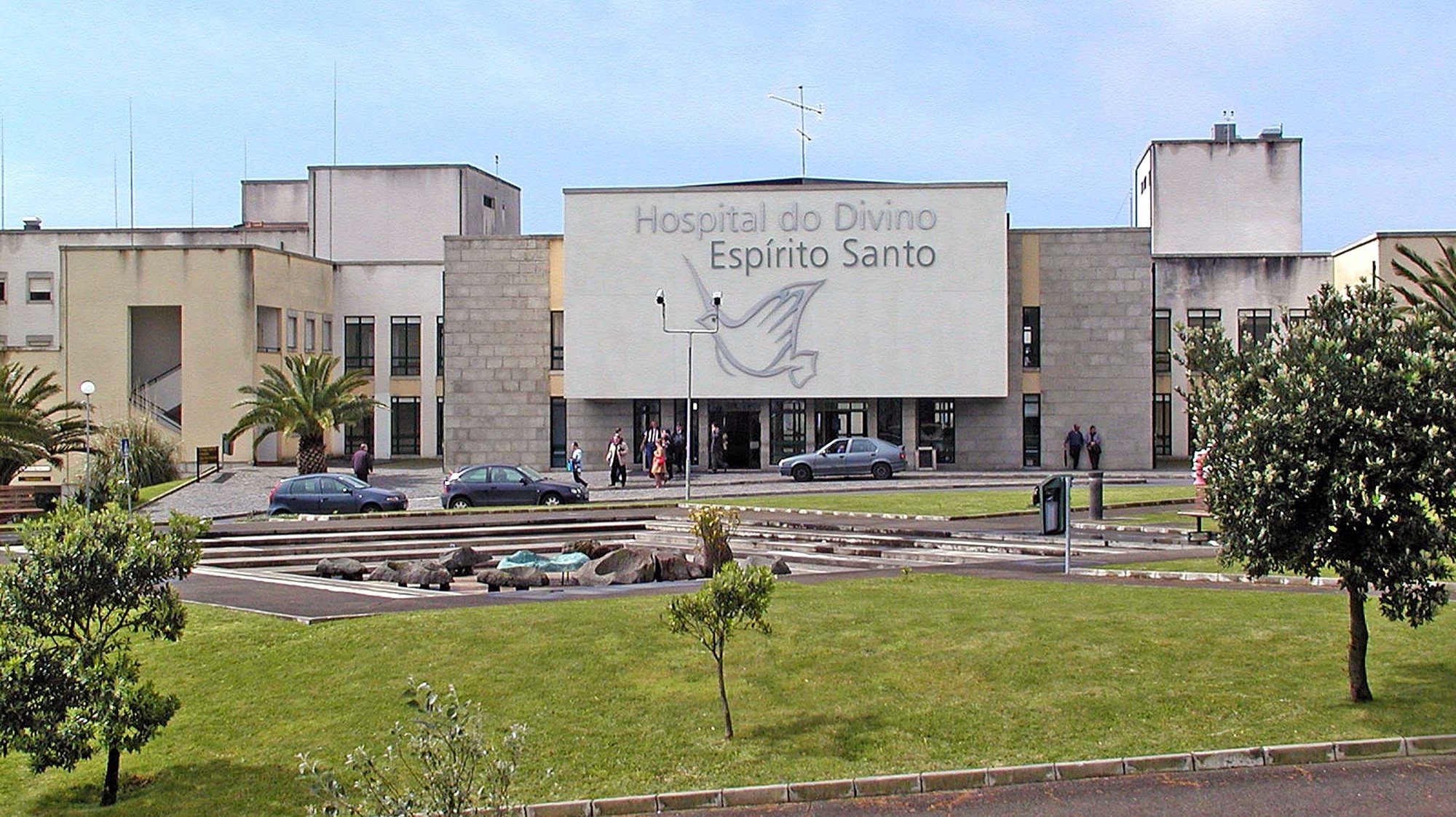The Divino Espírito Santo Hospital (HDES), in the Azores, recorded a deficit of 14.7 million euros between 2019 and 2022 and is experiencing a situation of “financial unsustainability” due to “chronic underfunding”, according to the Court of Auditors (TdC).
According to an audit by the TdC, consulted this Thursday by the Lusa agency, the largest The Hospital dos Açores received a “significant increase in funding” through the region’s budget between 2019 and 2022, but that amount was “insufficient to ensure coverage of expenses incurred with the level of medical care provided.”
Azorean Government to include funds and measures for Divino Espírito Santo Hospital in 2024 Budget
“The expenses incurred by HDES in this period (574.4 million euros) exceeded the income obtained (559.7 million euros) by 14.7 million euros, a deficit that reveals the persistence of a situation of underfunding of the respective activities, as was recognized by the opposing guardianship,” reads the document.
At the end of 2022, the Ponta Delgada hospital’s equity amounted to “only 3.7 million euros”, with liabilities of 96.3 million euros and assets of around 100 million euros, the report reveals.
Modular hospital in Ponta Delgada with emergency operations in August
“Current liabilities, i.e. liabilities due within 12 months, amounted to around EUR 92.1 million (96% of liabilities), reflecting a situation of financial unsustainability arising from the chronic underfunding of the respective activity,” the court said.
According to the TdC, the income from the regional budget, of about 539 million euros, constituted the “main source of funding” (around 86.5%) of the HDES.
Of this amount, 522 million euros (84.2% of the total funding) were transferred to the hospital under the programme contract for the three-year period 2019-2021, a financing model which, the Court warns, “does not correspond to that provided for by law”.
“The financing model underlying the programme contract, and its respective amendments, do not correspond to what is legally provided for, since the contractual instruments were concluded late and the payment of the agreed financial compensation did not depend on the achievement of the objectives,” they point out.
The TdC points out the reduction in public funding in 2022 (compared to 2021) as the cause of the “inflection in the economic recovery trajectory” of the HDES, which had begun in 2020.
“The reduction in public funding in 2022 compared to the previous year, in a context in which hospital production exceeded pre-pandemic levels and operating expenses suffered the effects of the sharp rise in inflation, ended up determining the inflection in the recovery trajectory of the HDES’s financial results,” the judges point out.
The TdC points out that “there is no evidence that the guardianship authorities have taken steps to present the aforementioned arrears payment settlement plan”and recommends that “compliance with the legal regime of hospitals” be guaranteed and “the execution of program contracts be monitored.”
On 4 May, the hospital in Ponta Delgada was rendered inoperable by a fire, which forced all hospitalised patients to be transferred to other health units in the Azores, Madeira and the mainland.
Fire at the Ponta Delgada hospital from one of the two correctional batteries
Currently, some services are already operating in the HDES building, but the Regional Government (PSD/CDS-PP/PPM) has already revealed its intention to carry out structural works to modernise the largest hospital in the Azores.
Source: Observadora
